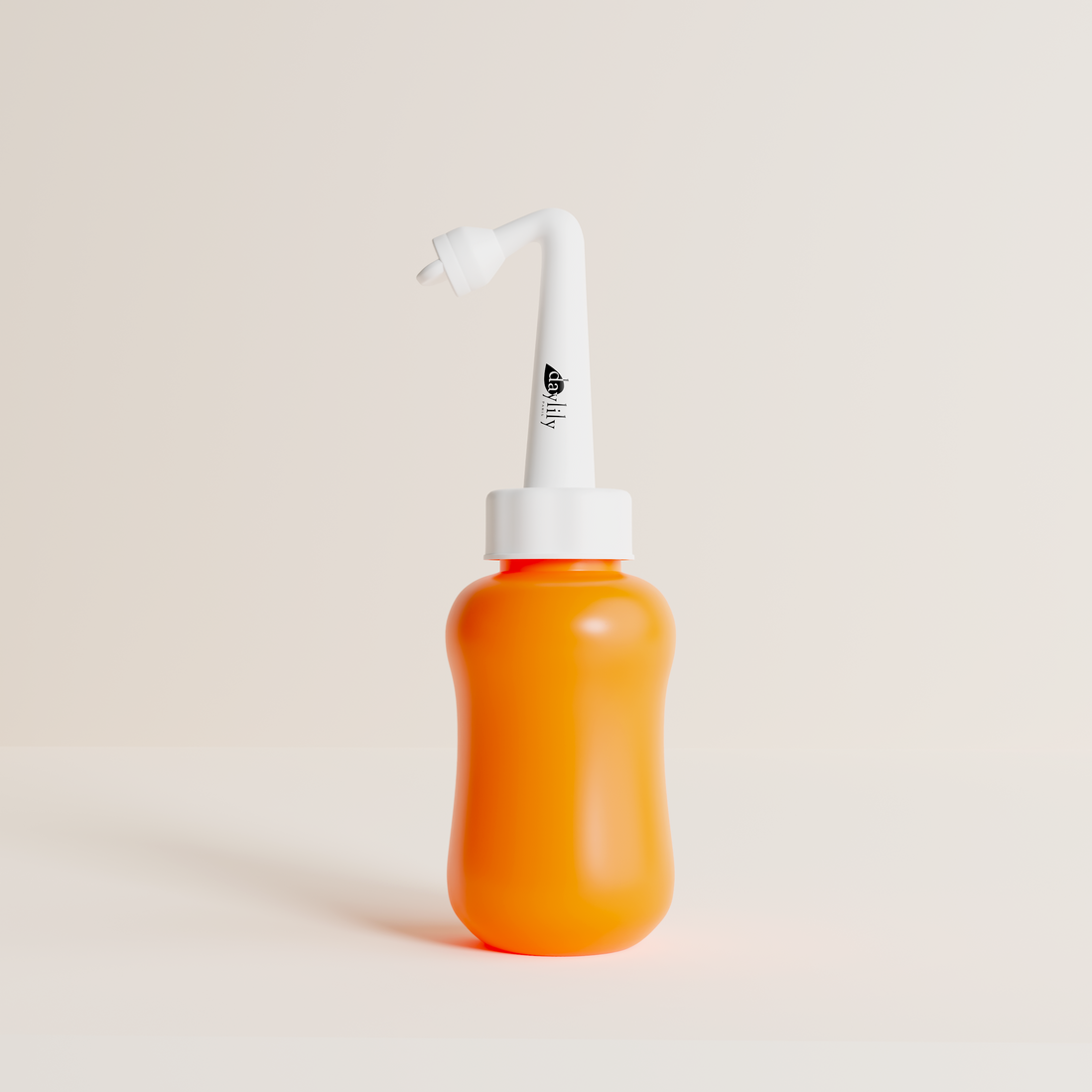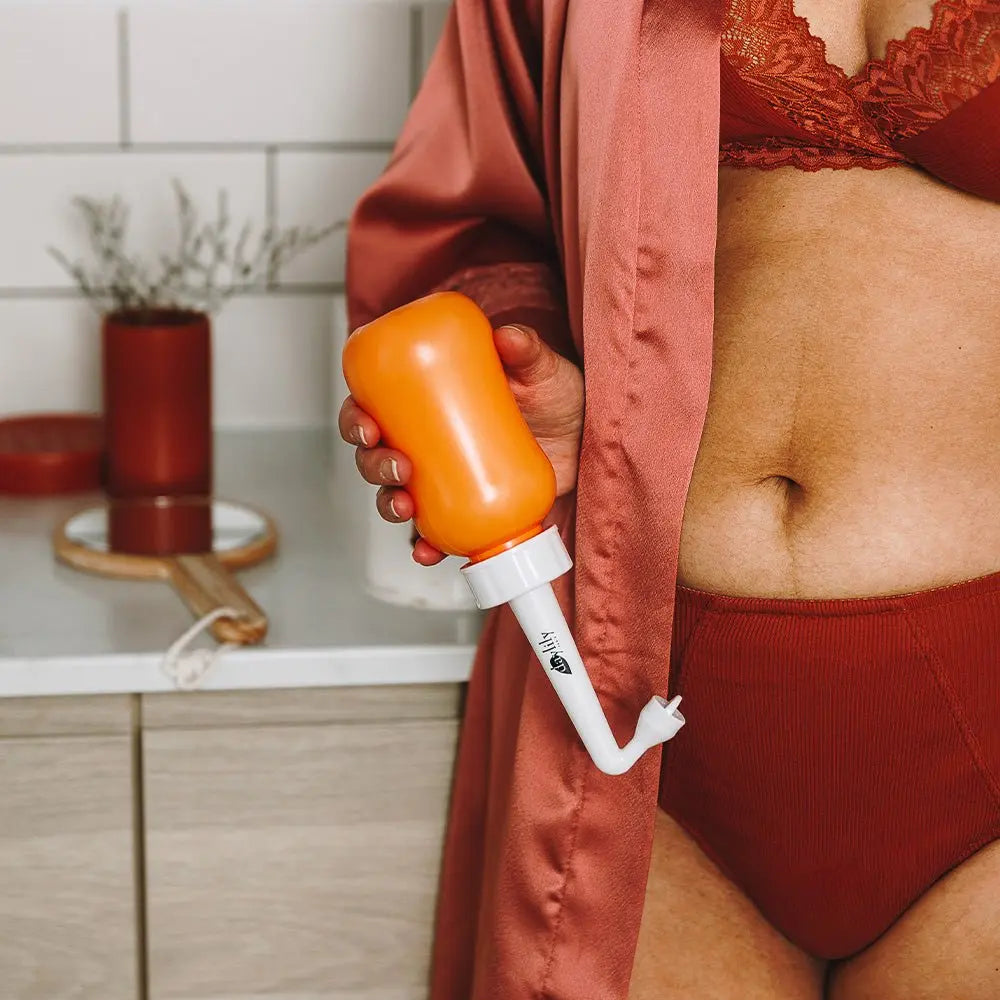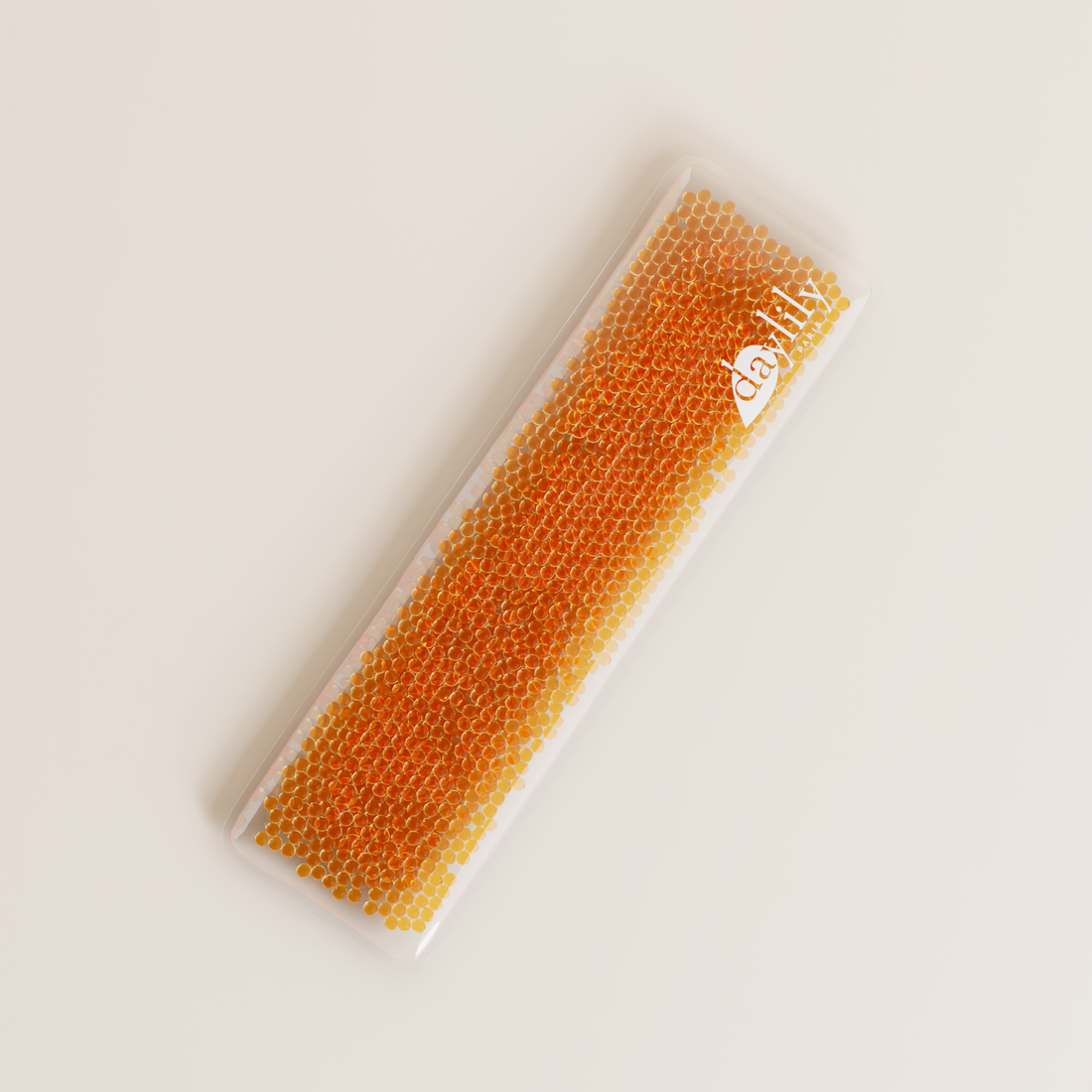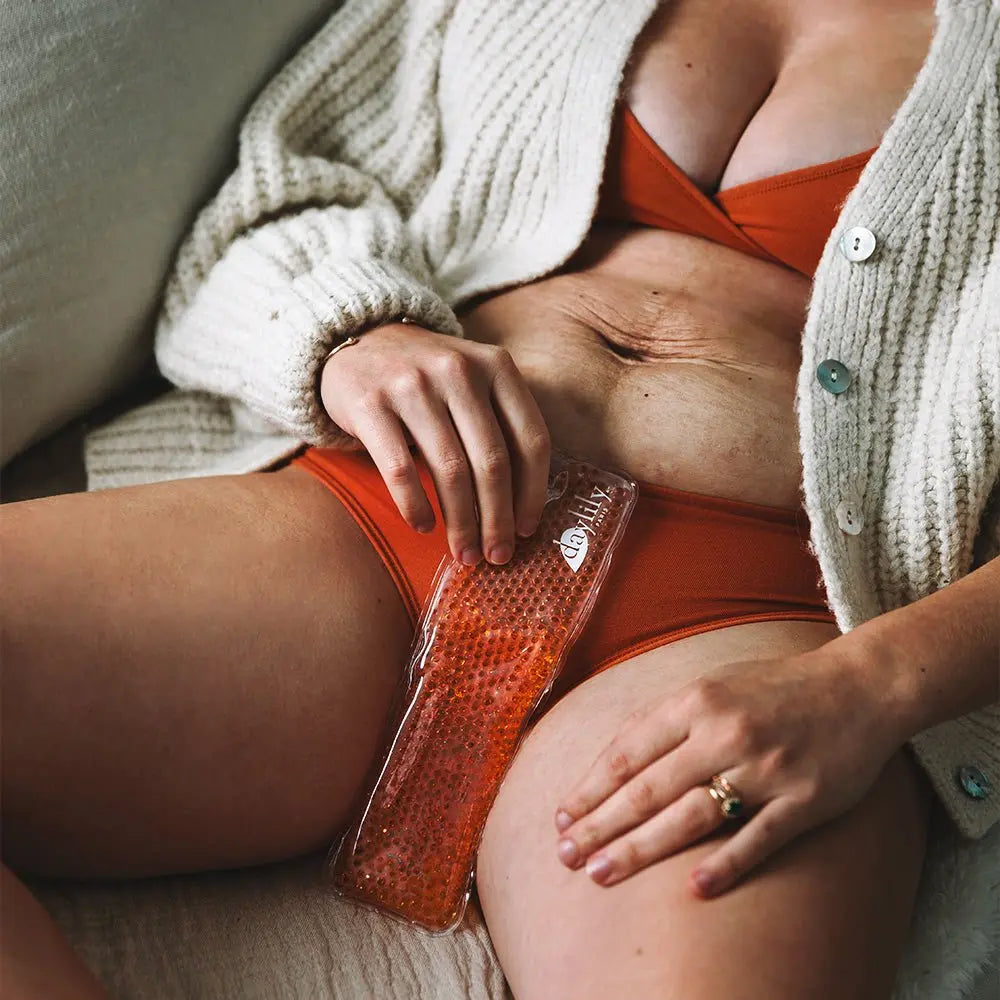What postpartum pain?
Your body worked for 9 months to build a little being weighing a few kilos, which amazes everyone. He then made a considerable effort to give birth to this baby. It is therefore completely normal that your body needs to recover, to slowly return to normal and that the aftermath of childbirth is accompanied by some pain along the way. This is also a theme that may have been mentioned during your childbirth preparation classes, because if we focus a lot on pregnancy, some women are not aware of what awaits them in the post-partum period. -partum – which is normal if this is your first child.
Many mothers complain of pain in their muscles, joints or ligaments. It is not uncommon to feel soreness, which is completely logical after an effort of this size: they will disappear in the days that follow.
Back pain is also a common post-partum problem; neck and shoulder tension are inconveniences that can occur when you are not in the optimal position for carrying or breastfeeding your baby. Your abdominal muscles may still be weak, so the back and shoulders counterbalance by producing more effort. To avoid worsening back pain, it's up to you to find a good position when you carry your baby or when you feed him.
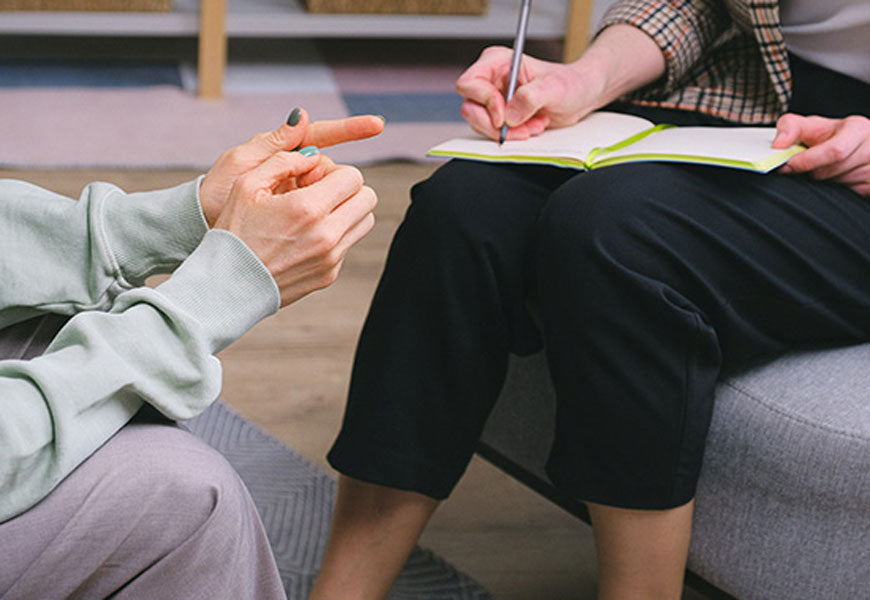
And yes, the contractions continue after childbirth with a very specific goal: to help it regain its initial size. They're called the trenches and these postpartum contractions are generally more severe if you're breastfeeding, because feedings cause the release of oxytocin, which makes them worse. This is why the belly, when breastfeeding, decreases more quickly in volume and size! We explain this phenomenon in more detail in a dedicated article: Postpartum trenches: meaning, usefulness and pain.
After a birth, abundant blood loss is normal: the placenta, when detached, leaves a wound on the uterine wall which needs to heal. This bleeding, called lochia, will last several weeks and will also help eliminate remnants of uterine mucosa. This blood loss has nothing to do with the return of diapers, which will occur between 4 and 6 weeks after birth or later if you are breastfeeding.
Sometimes a delivery results in a few stitches : because the skin has cracked on its own, because your doctor has decided to incise the perineum to help the baby pass (the famous episiotomy ), or because you gave birth by cesarean section. Postpartum pain can then be severe for a few days or weeks.
If you have an episiotomy or tear, you may feel burning sensations caused by urine. To reduce them, you can use a shower for the intimate area. It will soothe this unpleasant feeling while gently cleaning the area. You can get our Mama Pschitt hand shower in our Mama Saver postpartum kit.
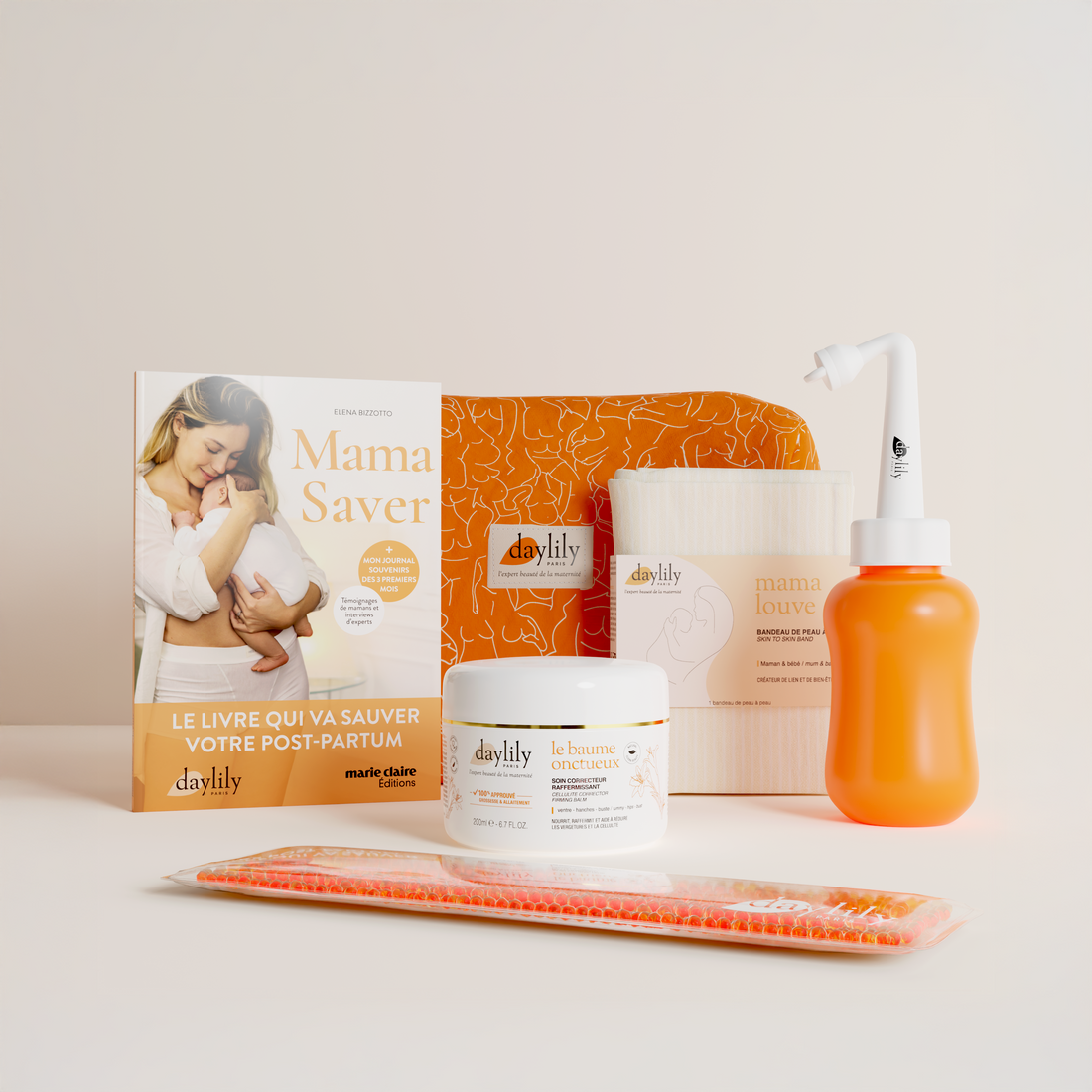

- Regular price
-
99,00 € - Regular price
-
167,80 € - Sale price
-
99,00 €
Do not hesitate to ask those around you to carry out daily tasks and rest your body. The presence of hemorrhoids and constipation can also be part of post-partum inconveniences. Eating foods rich in fiber, taking painkillers and laxatives (under the advice of your doctor) can help relieve constipation.
Breastfeeding women know this: between milk surges and cracking, the first feedings can be painful... Consider applying a lanolin cream to have less pain, and we reassure you, everything will soon be back to normal!
How to relieve postpartum pain?
You should first not hesitate to talk to a midwife or doctor who can offer you treatment to reduce the pain. A natural, basic but nevertheless very effective solution: apply cool compresses or a strip of gel placed in the freezer to the painful area, it is a very good way to soothe perineal pain in particular. You can also get our Mama Cool gel strip in our postpartum kit.

To relieve severe pain, you may be prescribed steroidal anti-inflammatory drugs (NSAIDs).
And if you experience muscle or ligament pain after childbirth, do not hesitate to consult a physiotherapist, an acupuncturist (some maternity wards even offer in-room sessions) or an osteopath during the postpartum period.
Baby blues and postnatal depression
After giving birth, the pain may not only be physical. This subject remains taboo for women because with such a pretty baby, you must necessarily be swimming in happiness and have high morale, but this is not necessarily the case. The sudden drop in hormones can reverse the trend and give way to the baby blues. Returning home with your child then proves difficult: you feel depressed, tired, a little overwhelmed in the face of this newborn, and tears take the place of smiles. Don't worry: the baby blues don't last, and everything should be back to normal in a few days.
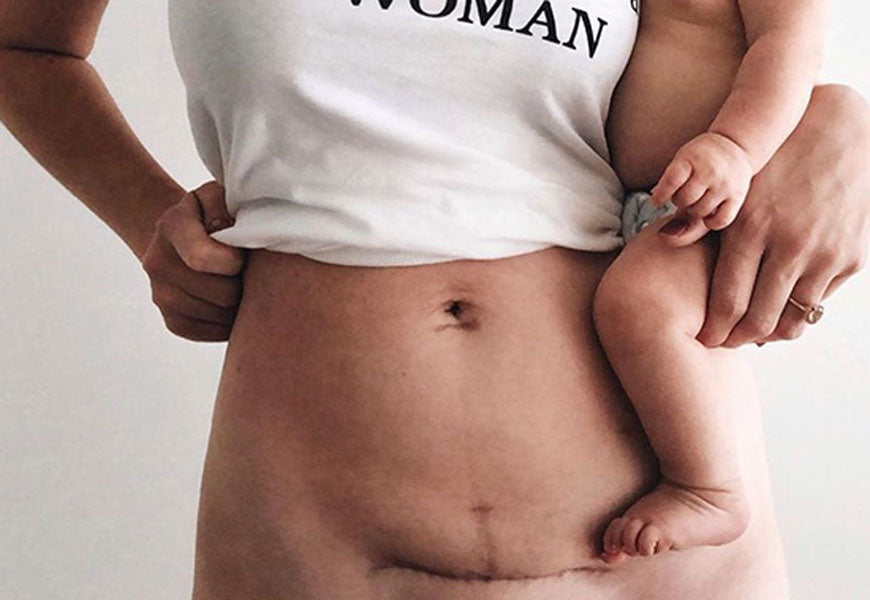
If a few weeks after giving birth you still feel depressed, do not hesitate to talk to your doctor or midwife, as it may be depression following the baby's arrival. Unlike the baby blues, postpartum depression sets in over time and this pathology must be treated by a health professional.
Postpartum pain is completely normal, whether it occurs in the perineum, your cesarean scar, or even in the chest during the first milk flows. If in the postpartum period, certain ailments worry or bother you, do not hesitate to consult and surround yourself with people who will be able to help you. Take the time to listen to your body, pamper it and take care of your health to make the most of the great joy of being a mother!








